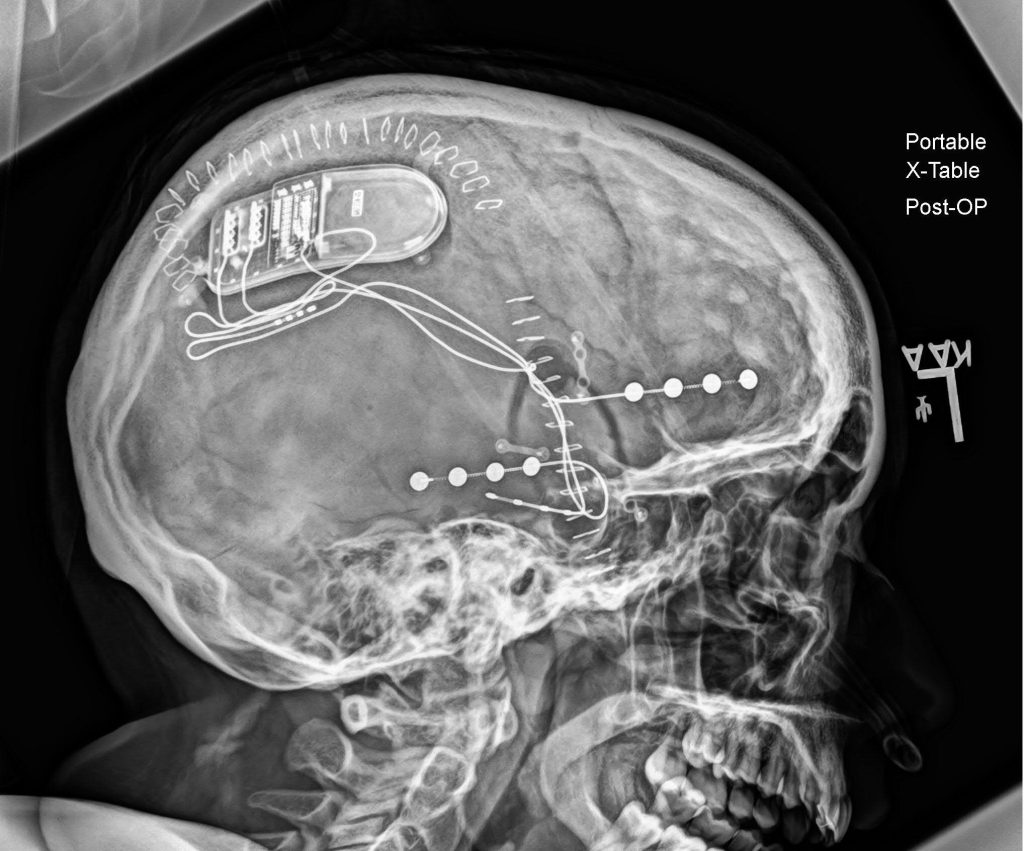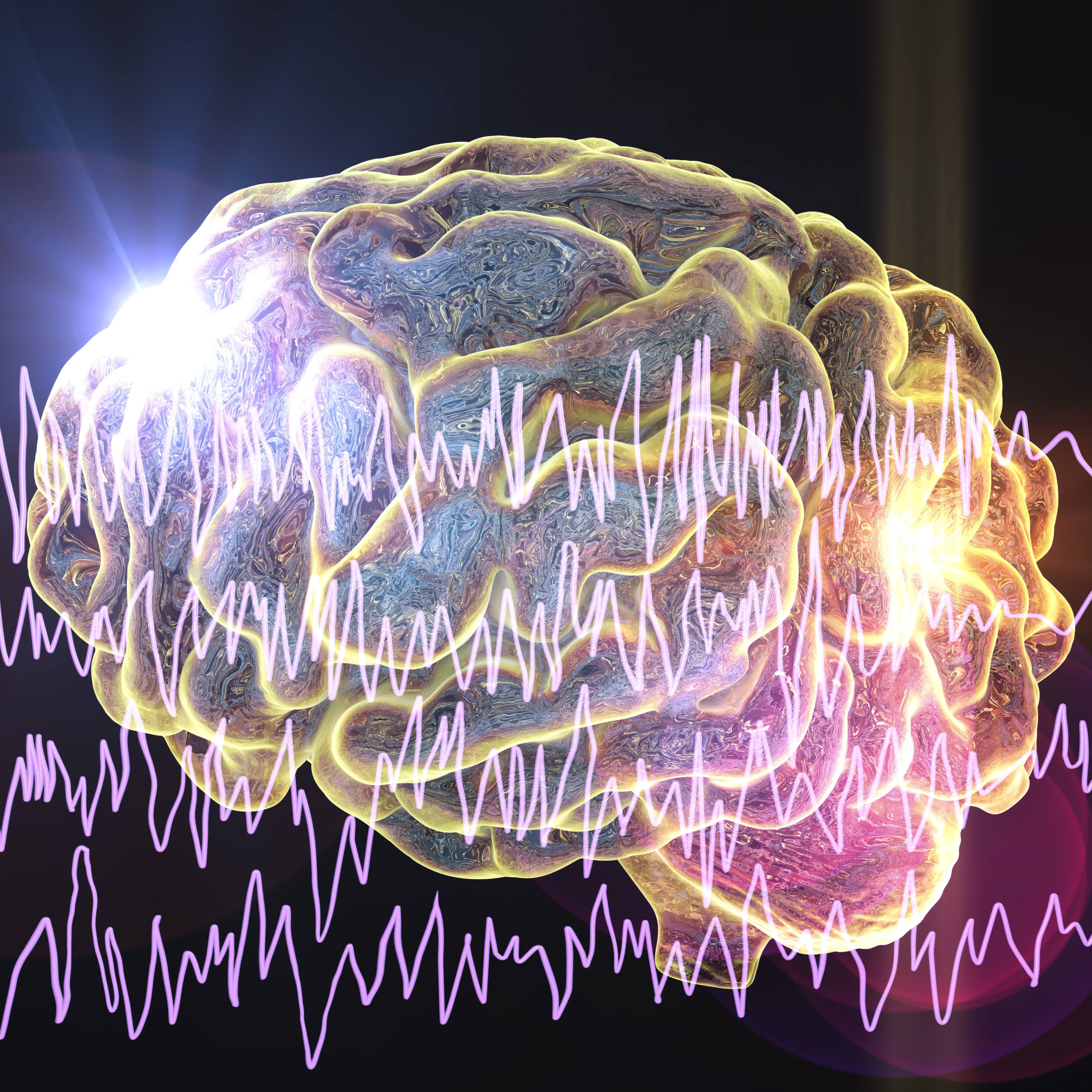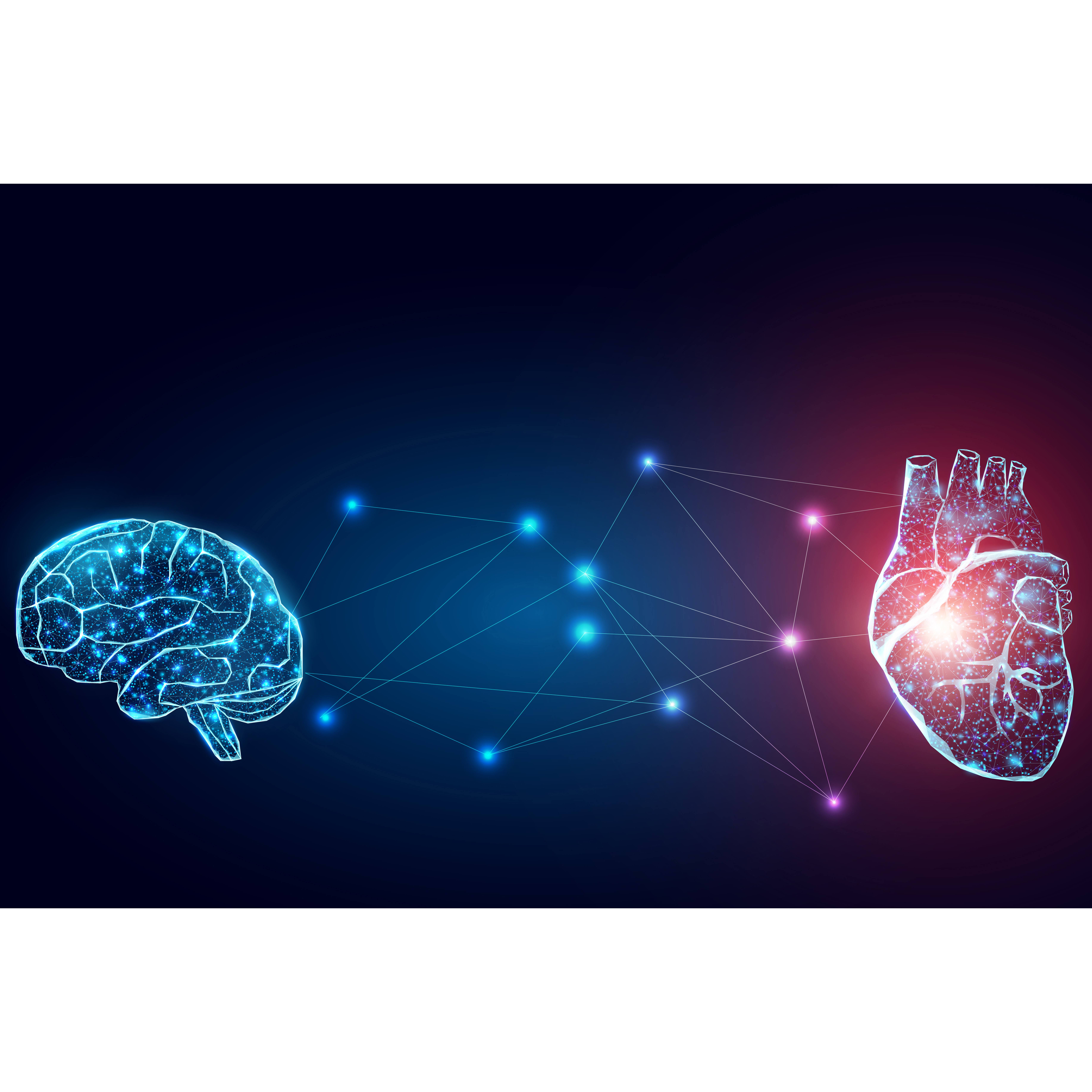Like many young people, Carlos Martinez, who lives in Florence, Arizona, has big plans. And he is on his way to making those plans a reality despite an epilepsy diagnosis with an assist from Mayo Clinic.
Epilepsy is a central nervous system, or neurological, disorder. Brain activity becomes abnormal, causing seizures, or periods of unusual behavior, sensations, and sometimes loss of awareness. Anyone can develop epilepsy.
Treatment isn't one-size-fits-all. Different challenges can affect different patients. See how Martinez and his Mayo care team turned to responsive neurostimulation, an innovative treatment approach.
Watch: Responsive neurostimulation helps a young man who wants to help others with epilepsy.
Journalists: Broadcast-quality video (3:54) is available in the downloads at the bottom of the post. Please "Courtesy Mayo Clinic News Network." Read the script.
"I used to be a very independent person. And then once I started having seizures, it really affected me. I started feeling a disconnect between my mind and my mouth. And I didn't know what was going on. And I was like, 'What's happening," says Martinez.
Dr. Matthew Hoerth, a Mayo Clinic neurologist, has been working closely with Martinez and his family.
"This area where seizures are coming from is an area called the insula. If you think about looking at the brain from the side, you have that kind of that line — that kind of cleft that goes through the side of the brain. And if you were to imagine pulling that open and looking deep inside there, that's where his seizures came from. It's like in this deep area that's very difficult to get to, and there are some vital functions of the brain that happened in that area," says Dr. Hoerth.
Martinez says his diagnosis hasn't just affected him. "Epilepsy also affects my family. It's unfair to them. But we just keep moving forward," says Martinez.
"A responsive neurostimulator device is a device that gets implanted into the brain itself," says Dr. Hoerth. "The device sits within the skull, and we put the electrodes into the area of the brain that the seizures are coming from. It watches the brain wave patterns, and depending on what we tell it what a seizure looks like with that brain wave pattern, it will then recognize that pattern and then shock the brain to get that seizure to essentially stop before a patient feels it."

"After my implant surgery, I recovered very well," says Martinez. "And now I'm taking classes. And I just want to keep going."
"His outlook on life and his ability to bounce back from those seizures and still push ahead, it's really inspiring," says Dr. Hoerth. "This has really been a breakthrough in our treatment of patients with epilepsy — to be able to do these advanced devices in areas of the brain that we cannot resect. We have reduced the number of seizures. They haven't gone to zero, but his seizures have become less severe. It's allowed him to do a lot more in terms of his getting through school, interacting with his family, just feeling like himself. But I think even beyond the actual numbers and severity of seizures that have reduced, I think it's given him hope."
With his own treatment underway, Martinez has turned his sights on helping others his age who may be facing the same situation.
"My goal when it comes to being a person with epilepsy is to also be a guide. Because I understand the feeling of being lost, and I know that darkness. I need to do something about this. I need to share my story. So I started a YouTube channel. I need to share what I've been through, and maybe other people will share their experiences, too. It makes me feel amazing," says Martinez.
For the safety of its patients, staff and visitors, Mayo Clinic has strict masking policies in place. Anyone shown without a mask was recorded prior to COVID-19 or recorded in an area not designated for patient care, where social distancing and other safety protocols were followed.







